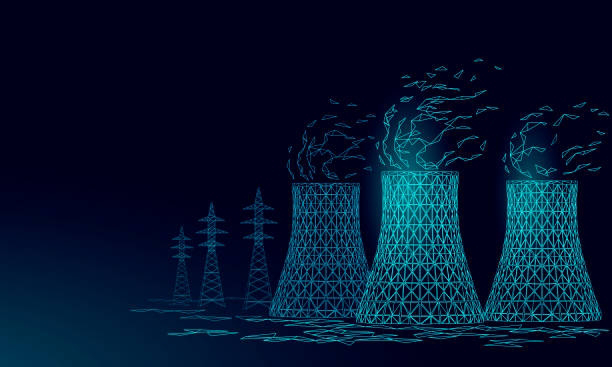Nuclear hazards can have a range of effects on human health, depending on the type and level of exposure. The most significant health effects are caused by exposure to ionizing radiation, which can damage cells and tissues in the body, leading to a range of health problems.
The main sources of nuclear hazards include nuclear power plants, nuclear weapons testing, and nuclear accidents. In the case of nuclear power plants, the main hazard is the release of radioactive materials into the environment, which can contaminate air, water, and soil.
Exposure to ionizing radiation can cause acute radiation sickness, which is characterized by symptoms such as nausea, vomiting, diarrhea, and fever. In severe cases, it can lead to death within days or weeks of exposure. Long-term exposure to lower levels of radiation can increase the risk of cancer, birth defects, and other health problems.
Other health effects of nuclear hazards include thyroid cancer, which can be caused by exposure to radioactive iodine, and leukemia, which is more common in people who have been exposed to high levels of radiation.
In addition to the direct health effects, nuclear hazards can also have psychological and social impacts on individuals and communities. The fear and uncertainty associated with nuclear accidents or threats can lead to anxiety, stress, and other mental health problems.
Overall, the effects of nuclear hazards on human health can be significant and long-lasting, highlighting the importance of strict safety measures and regulations in the use and management of nuclear technology.







